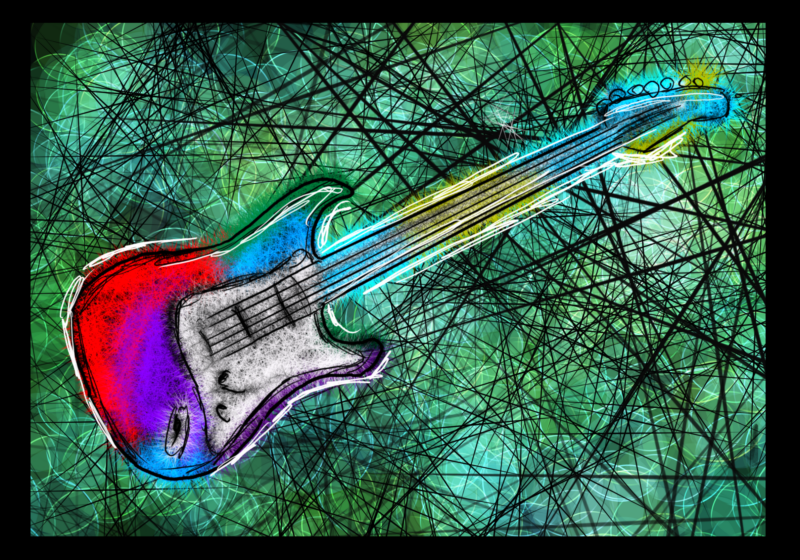California currently has a bill sitting on the governor’s desk that would allow college athletes to be paid for their “likeness,” but is facing a lawsuit from the NCAA.
Currently, college athletes receive no monetary compensation for their commitment to athletics while college sports remain a massive source of income for the NCAA, the coaches, and the universities themselves. Allowing college athletes to make money off of their likeness is a perfect solution for both the NCAA and student-athletes alike.
The conversation on paying student athletes has been circling the NCAA for a while. The main issue is that the NCAA simply does not want to pay student-athletes because they are able to hold the profits from college athletics for themselves and the institutions. Another issue is how do you scale contracts with college athletes? Is it fair to pay all athletes the same wage, regardless of talent and who is bringing in all the revenue. Former Duke University basketball forward Zion Williamson has been the biggest name in sports, but would it be fair to pay him the same as a bench player who plays for a smaller program? What would differentiate college athletics from professional athletes, if the NCAA offered scaled contracts as a recruitment effort?
One potential solution that has surfaced is the idea of allowing players to earn revenue based on their likeness. This would give players permission to sign contracts with brands to make money off of their image. The aforementioned Williamson, almost immediately after being drafted first overall by the New Orleans Pelicans, signed a reported seven-year, $75 million shoe deal with Jordan. The contract came before Williamson ever played a game in the NBA but was worth such a large amount due to his outstanding performance on the collegiate level. The new bill would allow for Williamson to have already benefited monetarily in college.
The Californian bill has been passed by the State Assembly and the State Senate but requires a signature from Governor Gavin Newsom. In response to the bill, the NCAA is threatening to sue the state of California claiming the bill would result in the affected schools becoming ineligible to compete on the NCAA level and that the bill violates a commerce clause in the U.S. Constitution.
Regardless of the legal battle that is sure to ensue, allowing athletes to earn from their likeness should be applied across the NCAA because it kills two birds with one stone. It allows the student athletes to be paid and theNCAA will not be responsible for paying them and will still be able to retain the same profits. Companies will be able to sign contracts with these players and pay them for their accomplishments.
The issue with this plan is that only the star athletes will be able to earn money from playing. But, it still makes some sense as the star players are the ones bringing in the most revenue.. Though the NCAA is fighting this bill in California, I hope to see it extended nationwide so that all student-athletes can be paid for sacrificing their bodies for the entertainment of the masses.




